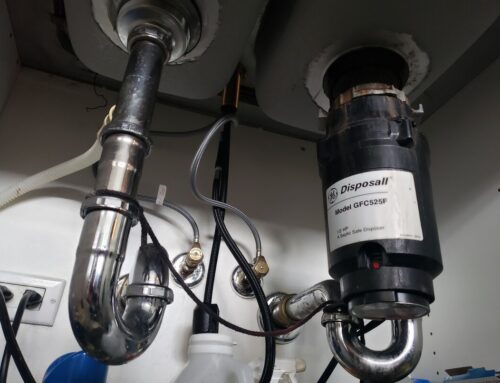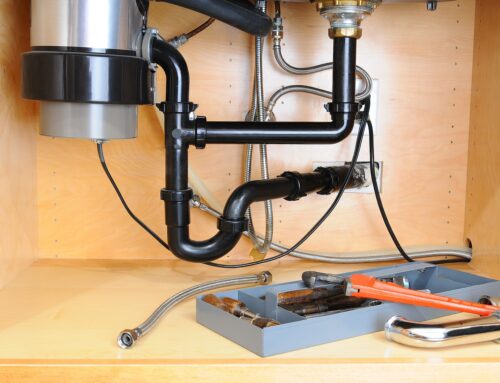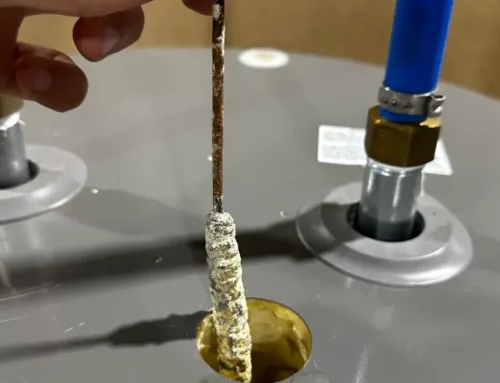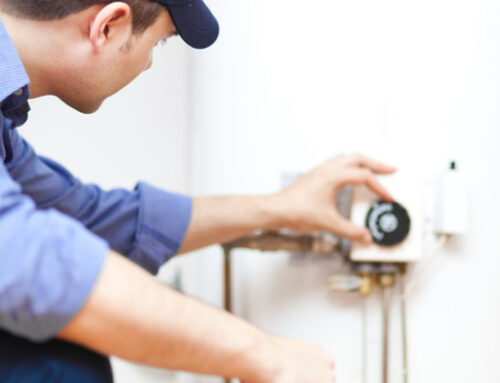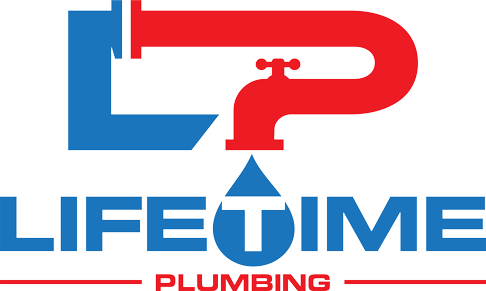Table of Contents
- 1 Plumbing Checks To Do Before Buying a New Home
- 2 Run All Taps for Signs of Blockage
- 3 Checking for Leaks and Discoloration in the Plumbing System
- 4 Test Out the Hot Water
- 5 Examine Sewer Lines
- 6 Contact Previous Owners
- 7 Get Help From A Professional Plumber
- 8 Plumbing Checks To Do Before Buying a New Home: Conclusion
Plumbing Checks To Do Before Buying a New Home
Buying a home is a huge step. For this reason, there are some very important elements to consider before closing the deal and plumbing checks are one of them. No new homeowner wants to find broken pipes or water damage in their home only a few days after moving in.
To avoid such issues, read on for some important ideas on how to inspect the plumbing of any home (before you purchase it!). Here are the top things to look for when inspecting a new home’s plumbing.

Run All Taps for Signs of Blockage
Although this may seem obvious, make sure to test every tap and shower in the house by turning them on for a few seconds. You should carefully check for blockage signs like limited flow or maybe water coming out in fits and starts.
Also, take attention of the water pressure. High pressure may damage your pipes, whereas low pressure may be uncomfortable or indicate a clog elsewhere in the system.
Examining the color and flavor of the water as it goes through the tap is critical because rusty or malodorous water might indicate pipe damage or tainted water, which is a health risk.
However, rusty water might be caused simply by not using the faucet for a long period of time. To be cautious, have the taps tested to rule out the potential of rusted or damaged pipes.
Checking for Leaks and Discoloration in the Plumbing System
When you move into your new home, you don’t want to deal with defective and leaky plumbing. Before you move in, check every nook and corner for evidence of water damage, which might range from warping and mildew around the toilet to strange stains on the ceiling and walls.
Another thing you should do is flush the toilets fully to check the flow and amount of water in the bowl. Take note of any strange odors or telltale indicators of leaking pipes, such as water around the sink or other bathroom fixtures, and have a professional plumber investigate them.
Test Out the Hot Water
Checking the hot water system is an important aspect of any plumbing examination. After all, bathing with extremely cold water in the winter is not ideal for anyone. Water heaters are also rather expensive to replace, so make sure you run hot water through all of the taps and showers and examine the water heater for any signs of damage.
Another thing to keep in mind is that water heating systems often wear out after ten years, so knowing the heater’s installation date will help you determine whether you’ll need to replace the water heater in the next few years.
Examine Sewer Lines
If can cause pipes to clog, resulting in sewage buildup and unpleasant odor. If there are any indicators of a sewage line obstruction, have a video check of the pipes performed to rule out corrosion or leakage.
Deep tree roots can occasionally grow towards the lines, causing harm. Improper pipe drainage may be a major inconvenience for homeowners, thus it is critical to properly inspect the drainage system.
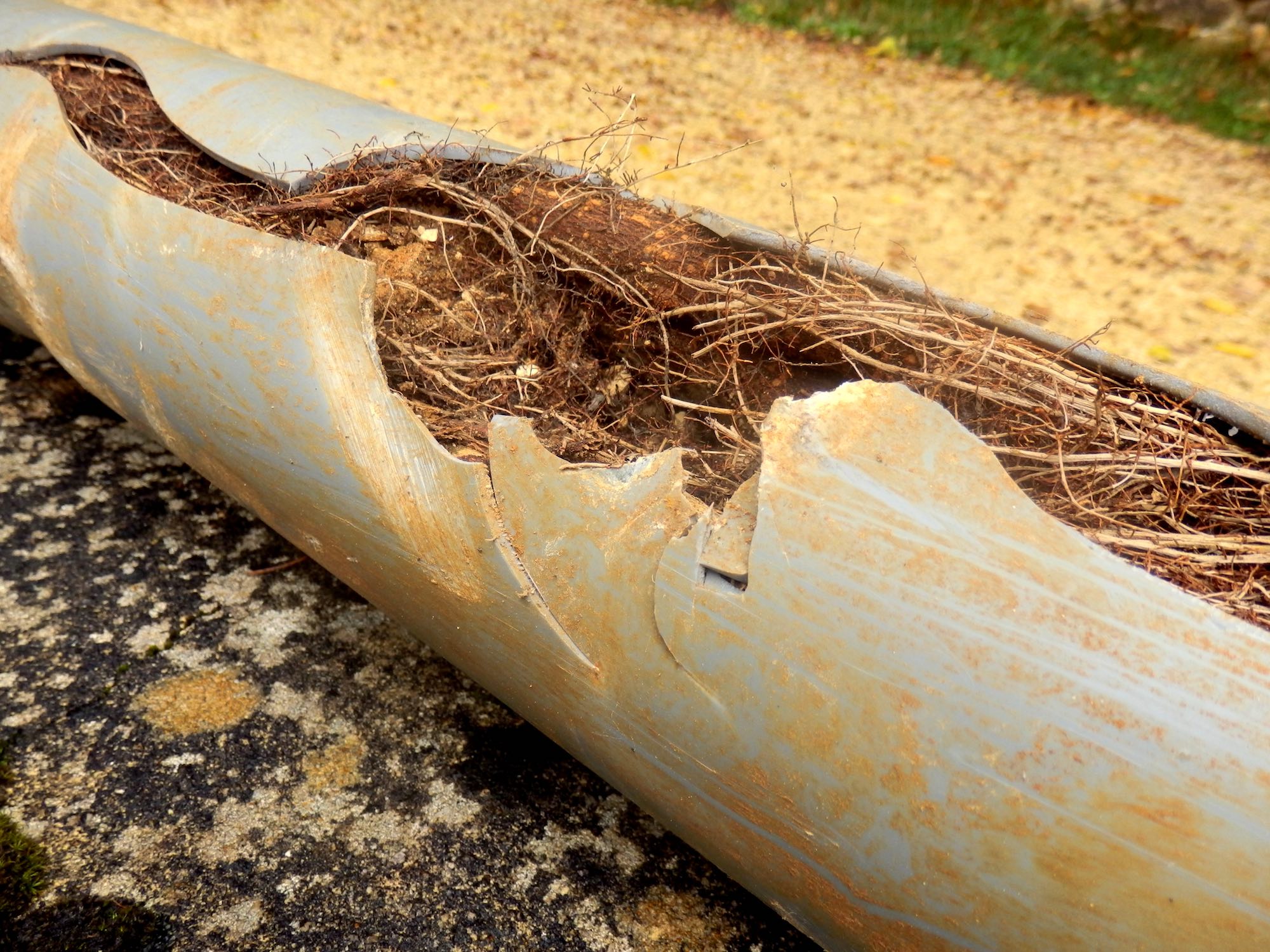
Contact Previous Owners
If the house was occupied until recently, you might call the former owners to inquire about the plumbing and water quality. Inquire about any repairs or maintenance done on the pipes, bathroom fixtures, etc.
This will give you an indication of the pipes’ overall condition and the charges you might expect in the future. However, do not depend just on the former owners’ word; instead, conduct your own quality examination.
Get Help From A Professional Plumber
If plumbing systems baffle you or you find evidence of water damage anyplace in the house. According to expert property purchasers, you should hire a skilled plumber to assist you. A skilled plumber will assess the current state of your pipes and drainage system, Additionally, he will advise you on how to maintain them, and look for symptoms of damage. If you live in Chicago or in the surrounding areas, contact Lifetime Plumbing for any of your plumbing needs.
Plumbing Checks To Do Before Buying a New Home: Conclusion
The most important components of plumbing to inspect in any home before purchasing are the flow of water in the taps and showers, the availability of hot water, and the quality of the pipes and drainage system. Look for indicators of water damage such as leaks, discoloration, stains, or mold throughout the property.
Pay close attention to the bathroom fittings, and test the toilet by flushing and monitoring the water level. If you are inexperienced with plumbing technicalities or see any symptoms of damage, contact our professional plumbers in Chicago!
Need help? Hire the Lifetime Plumbing experts today by giving us a call on (773) 595-1867.
More Posts You May Find Interesting
Table of Contents
- 1 Plumbing Checks To Do Before Buying a New Home
- 2 Run All Taps for Signs of Blockage
- 3 Checking for Leaks and Discoloration in the Plumbing System
- 4 Test Out the Hot Water
- 5 Examine Sewer Lines
- 6 Contact Previous Owners
- 7 Get Help From A Professional Plumber
- 8 Plumbing Checks To Do Before Buying a New Home: Conclusion

